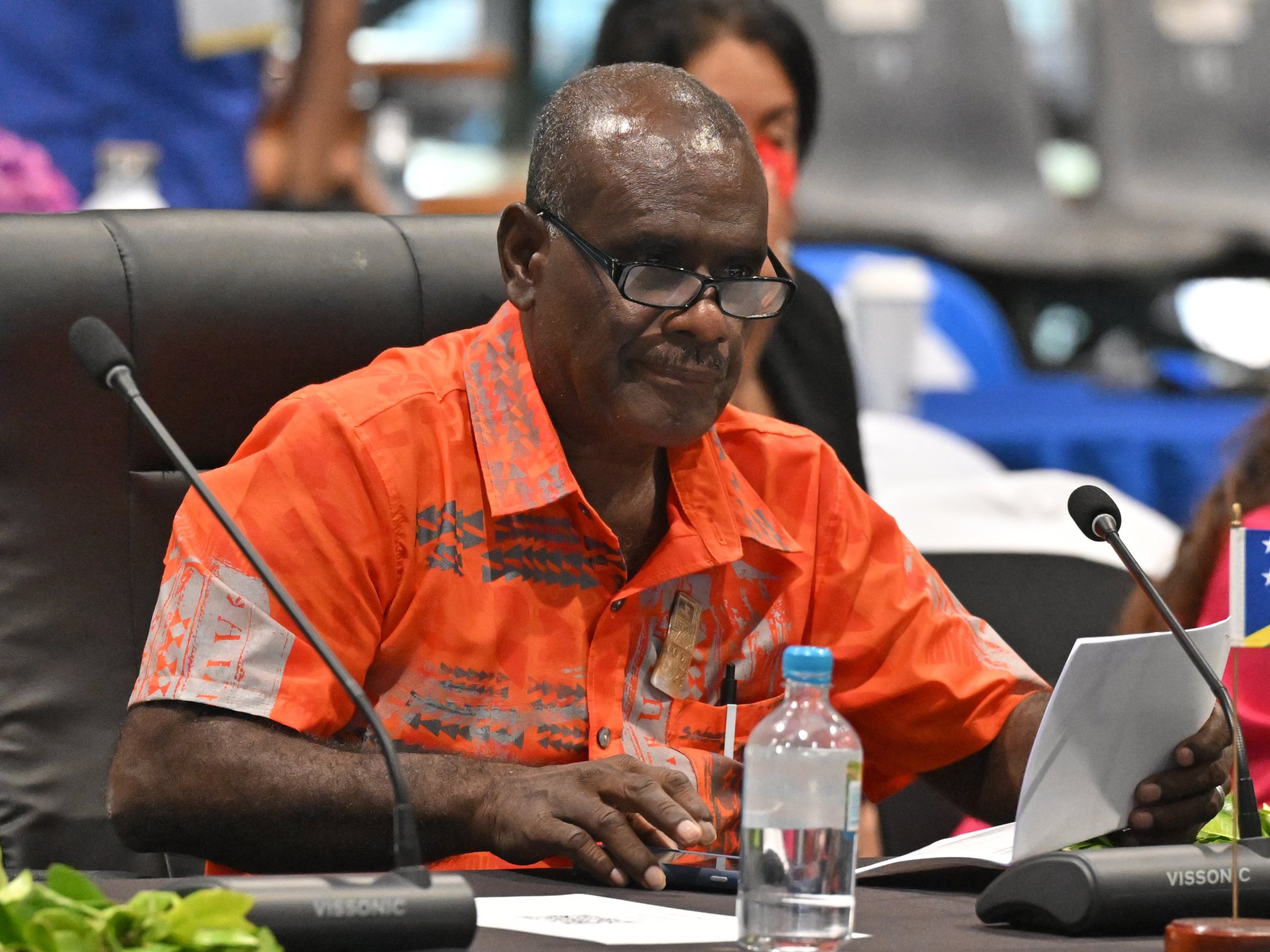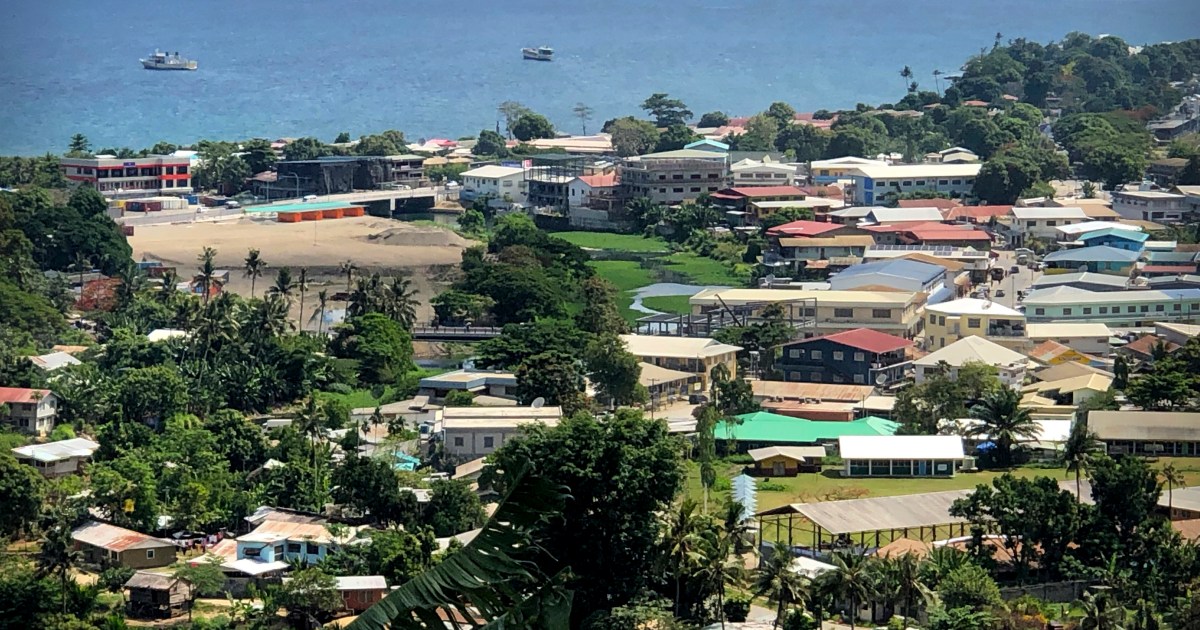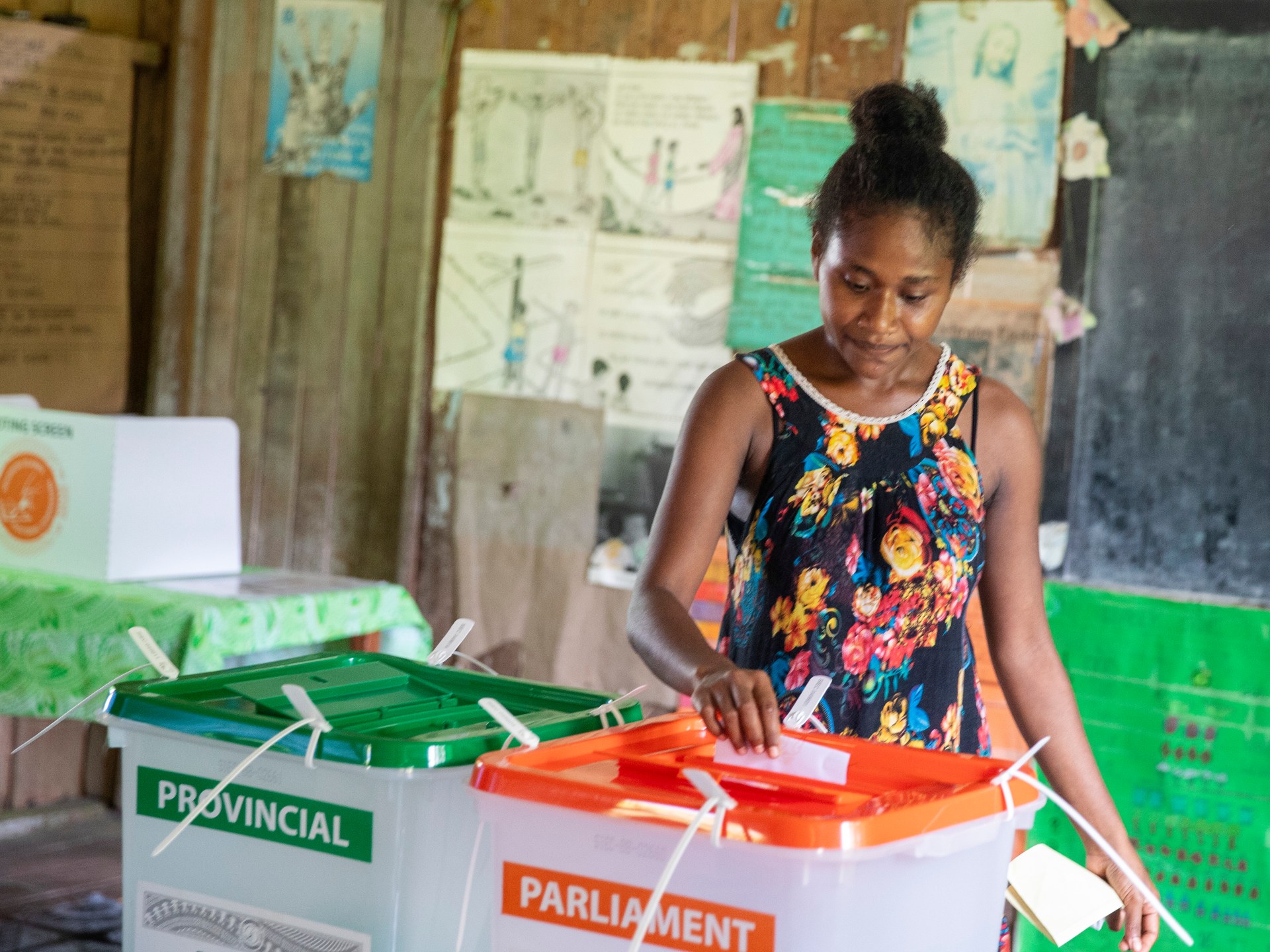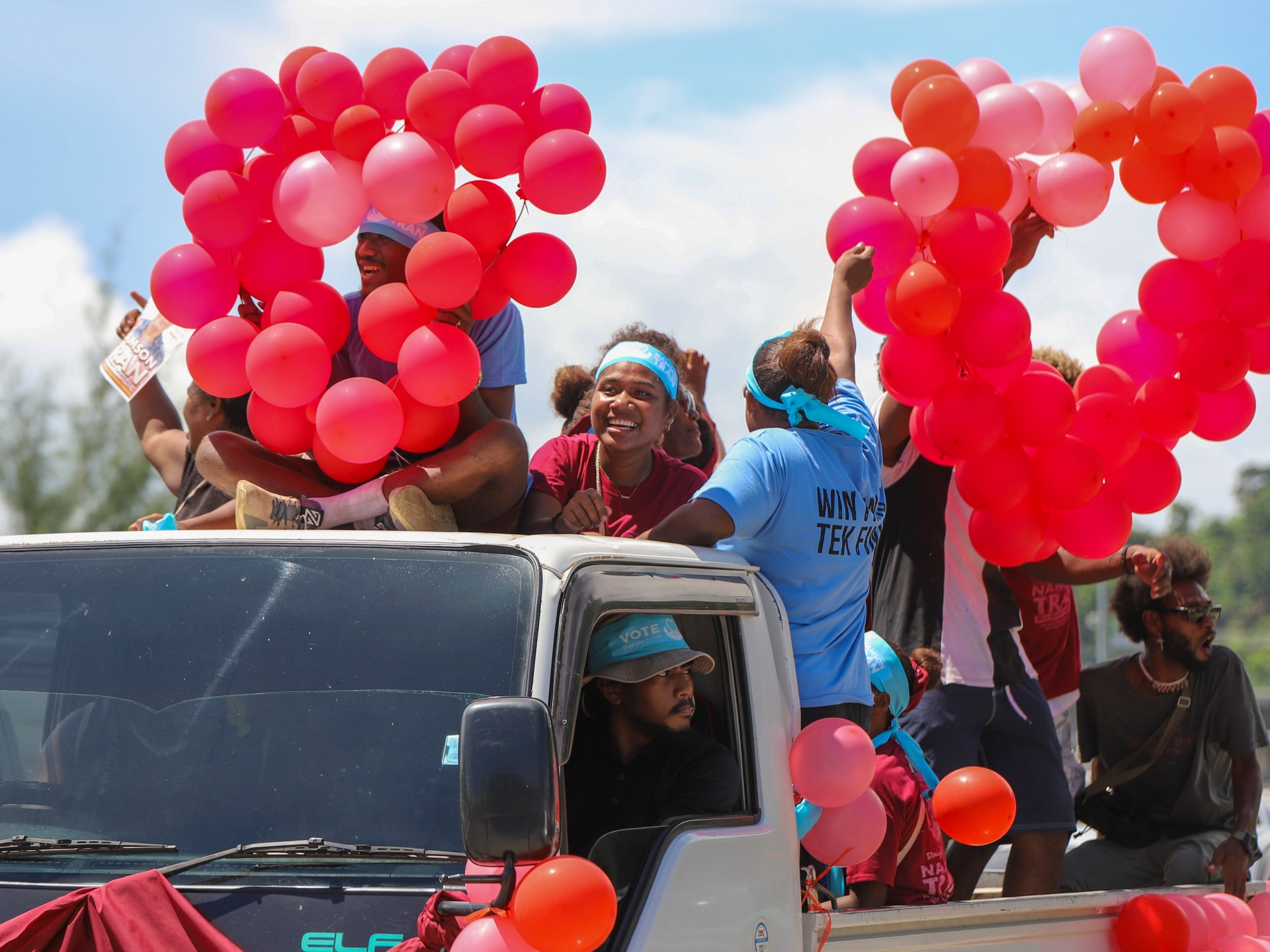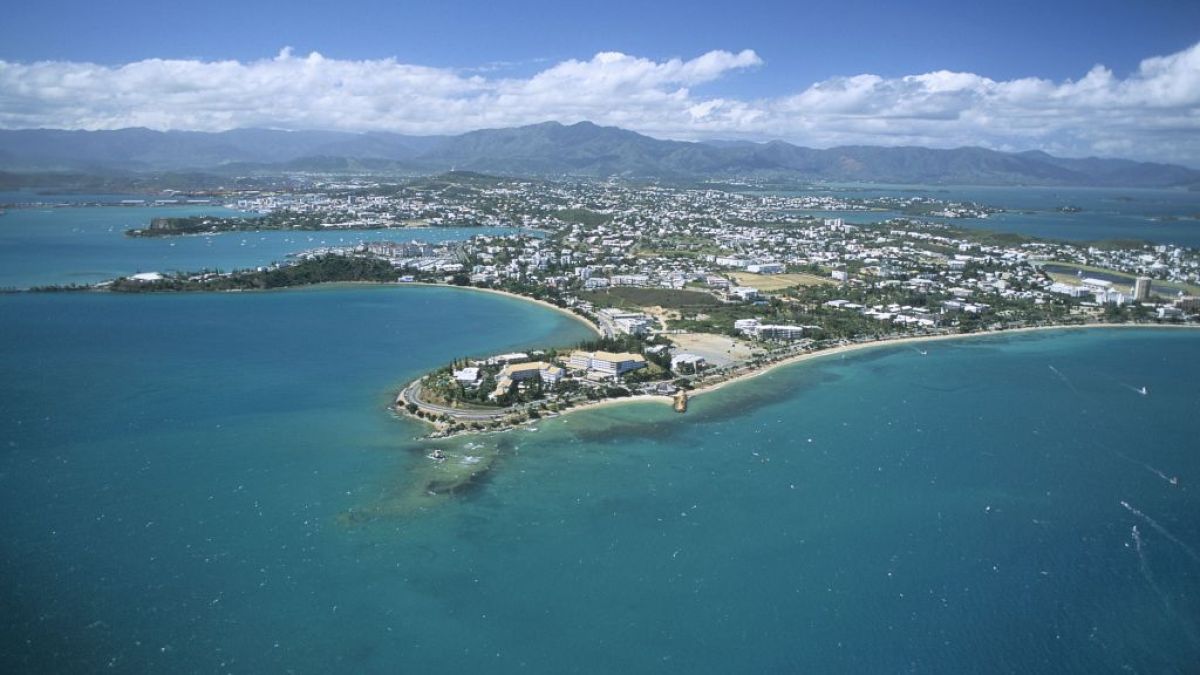Solomon Islands elects Jeremiah Manele as new prime minister | Elections News
Former foreign minister wins support of 31 legislators in 50-member house in an election closely watched by China, US and Australia. Legislators in the Solomon Islands have elected former Foreign Minister Jeremiah Manele as their new prime minister. Manele, who has pledged to continue the Pacific nation’s China-friendly foreign policy,…

